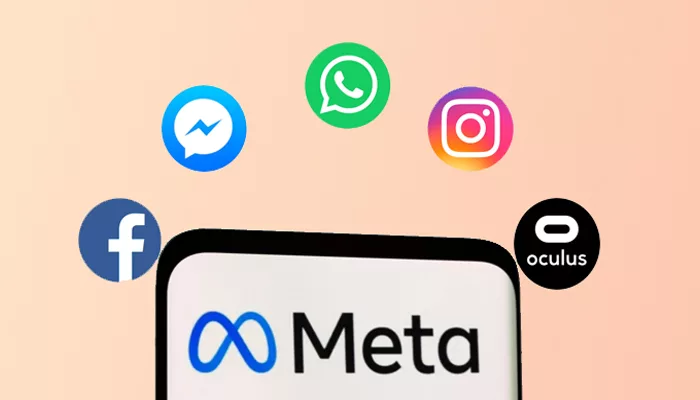In a bid to foster transparency and differentiate between human-generated and AI-generated content, Meta has unveiled its intention to label all AI-generated content across its platforms – Facebook, Instagram, and Threads.
The initiative, set to roll out in the coming months, will see Meta collaborating with industry partners to establish common technical standards for identifying AI content, including video and audio.
Nick Clegg, Meta’s Global Affairs President, emphasized the importance of transparency in distinguishing between human and synthetic content on the platforms.
Clegg highlighted Meta’s existing measures for handling photorealistic images created using its AI feature, which include visible markers discernible to users, as well as invisible watermarks and embedded metadata within image files.
The rationale behind the labeling initiative stems from the increasing convergence between human and AI-generated content.
According to Clegg, users encountering AI-generated content for the first time desire clarity on its origins. Therefore, Meta aims to provide transparency by applying “Imagined with AI” labels to photorealistic images created using its AI feature, as well as content generated using other companies’ AI tools.
The company is actively collaborating with industry partners to develop common technical standards for signaling AI-generated content. This will enable Meta to label AI-generated images across its platforms in multiple languages, starting in the coming months.
Meta’s efforts extend beyond its own AI tools, as the company is also developing tools to identify invisible markers, such as the “AI generated” information outlined in technical standards like C2PA and IPTC.
This capability will allow Meta to label images from various providers, including Google, OpenAI, Microsoft, Adobe, Midjourney, and Shutterstock, as they implement metadata plans for images generated by their tools.
As Meta navigates this terrain, the company aims to gather insights during the next year, particularly amid significant global elections, to inform industry best practices and refine its approach towards AI-generated content labeling.





